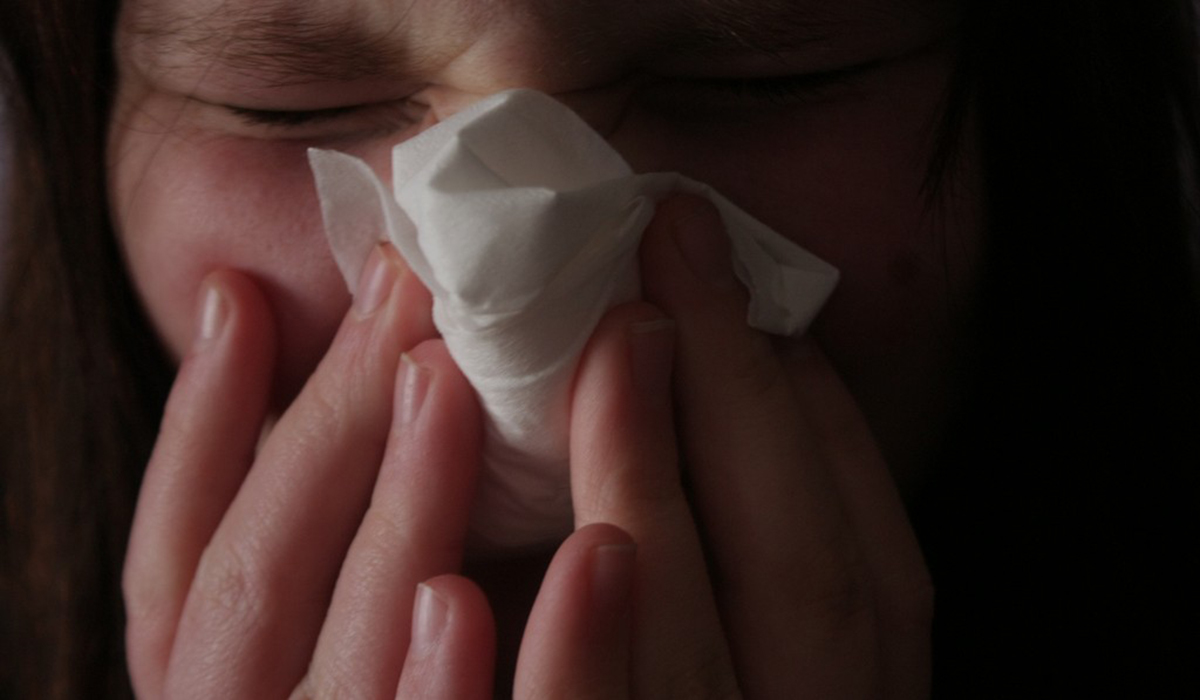Table of Contents
Non-allergic rhinitis is different than allergic rhinitis in that it really describes a group of other causes of rhinitis and not the condition itself. Many people suffer from recurring or constant nasal congestion, excessive mucus production and other nasal issues which can mimic allergic rhinitis. However, the disorder is not caused by allergies, but rather triggers which could include; weather changes, irritants such as cigarette smoke, strong odors or fumes, laundry soap, cleaning supplies or certain foods.

What types of treatment options are available for allergic rhinitis?
Allergic rhinitis is treated in a number of different ways and it can include; antihistamines, allergy shots, decongestants, eye drops and nasal sprays. Antihistamines will effectively treat allergies and can also prevent allergic rhinitis, because it blocks the histamines from forming in the body. Some over-the-counter antihistamines may be helpful, but in serious cases it may be necessary to have the medication prescribed by a physician.
The temporary use of eye drops and nasal sprays can relieve itchy eyes and other symptoms an allergy can bring. However, it is important to not use any products for a long period of time without first consulting with a physician to determine if it is safe.
Allergy shots are for those with severe allergy symptoms. Allergy shots are commonly used in conjunction with other medications to control a person’s allergy symptoms. The shots are intended to decrease the response of the body to particular allergens over time.
Can allergic rhinitis be prevented?
The best way to prevent the symptoms of an allergy is to manage them before the body has a chance to start producing an adverse response to allergens. Another effective method of preventing allergic rhinitis is to stay away from allergens which cause symptoms. Stay indoors when pollen counts are high, take regular showers to remove allergens from the hair and skin and regularly cleaning the home will remove mold, dust and pet dander and lessen allergy symptoms.
How does a person know what kind of rhinitis they have?
Through consulting with a physician, you can find out exactly what type of allergic rhinitis you have. Sometimes there may be several conditions presenting in the same person. In a single person, allergic rhinitis can be complicated by non-allergic rhinitis, a deviated septum, or nasal polyps. Any of these conditions could be much worse if a person were to catch a cold. Nasal symptoms caused by more than one condition can be very difficult to treat, often requiring the assistance of an allergist and an otolaryngologist (ENT).
Prognosis for People with Allergic Rhinitis
The outcome of treatment for allergic rhinitis will depend on many different factors. The symptoms of allergic rhinitis can be treated, but will appear each time a person is exposed to an allergen. Although perennial allergic rhinitis is not a serious or life-threatening condition, it can interfere with a person’s life.
Depending on how severe someone’s allergic rhinitis symptoms are, it can cause a person to miss work or school.
See Also: Allergies: An Overactive Immune System
Allergy shots can relieve the uncomfortable side effects of allergic rhinitis, such as hives and rashes. By consulting with an allergy specialist a person can receive a proper diagnosis, establish a treatment plan and avoid experiencing some of the most severe side effects of allergic rhinitis.
- Photo courtesy of BruceBlaus by Wikimedia Commons : en.wikipedia.org/wiki/Allergic_rhinitis#mediaviewer/File:Blausen_0015_AllergicRhinitis.png
- Photo courtesy of anna gutermuth by Flickr : www.flickr.com/photos/anniferrr/4473854085

